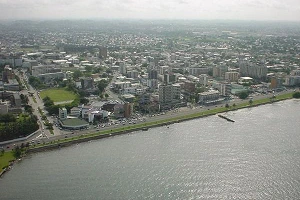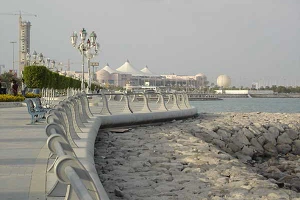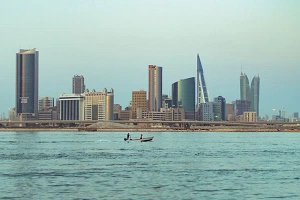African regulators address quality and cost of services
- Details
- Category: Regulation
- 10317 views

Two recent news stories – from Madagascar and Chad – indicate that some African regulators feel they need to respond strongly to public concerns about quality and cost of mobile services – although powers to enforce these responses often differ from country to country.
For example, Madagascan regulator L’Autorité de Régulation des Technologies de Communication (ARTEC) has announced that it has formally engaged with mobile network operators in Madagascar following a wave of public complaints regarding the high cost of mobile internet services.
The regulator has called on all telecommunications operators to reassess and adjust their tariffs for mobile internet connections as soon as possible, in order to make services more accessible to users.
However, as the TechAfrica News website points out, while this initiative is part of ongoing regulatory efforts, which began in late 2024 and resulted in tariff adjustments currently in effect, ARTEC does not directly set prices applied by operators.
Instead, its role is to act as a facilitator and mediator, promoting collaboration among industry stakeholders to reach balanced, equitable, and lasting solutions that benefit the entire digital ecosystem.
In Chad meanwhile, the Autorité de Régulation des Communications Electroniques et des Postes (ARCEP) has announced the completion of its 15th national audit of mobile network service quality. The operation measured key indicators such as call success rates, voice quality, 4G coverage and Internet connection speeds.
As the Ecofin news agency notes, ARCEP states that “the results reveal better signal stability in several urban centres, reflecting operators’ investment efforts". The news is not all good, however. The agency adds: “Weaknesses remain, mainly linked to energy supply, ageing infrastructure and irregular coverage on some routes.”
ARCEP appears to see this as an ongoing mission to ensure operators comply with defined standards. Indeed, two years ago we reported that it had fined operator Airtel Chad about US$8.3 million for failing to meet quality of service requirements. However, as recently as September we noted ongoing consumer complaints over outages, unstable internet and low service quality – despite high tariffs. In addition there was then, and presumably still is, far from universal coverage.



























